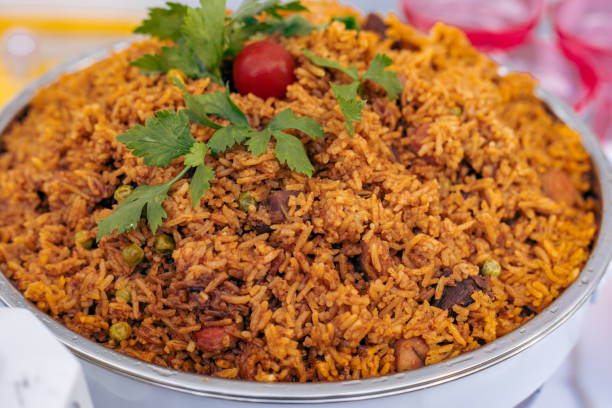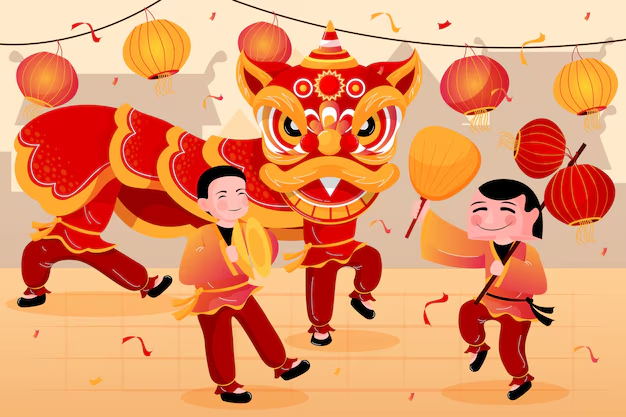
“ If I were an Iranian instead of an Italian, and lived here and thought as I do and wrote as I do, I mean if I were to criticize you, would you throw me in jail?” This is one of the typical questions that Italian journalist Oriana Fallaci used to ask her interviewees. In this interview, Fallaci calls Ayatollah Khomeini – the supreme leader of the Iranian revolution – “A stupid rag of the Middle Ages.”
When it is said that Oriana Fallaci was a stubborn woman willing to do anything to achieve her goals, it is the truth, and this interview is proof of it. To conduct this interview, our journalist had to marry her interpreter. At the time, public bathrooms were forbidden to women in Iran. She was forced to change inside the city hall because her clothes were considered inappropriate while Baghir, her interpreter, stood guard. Unfortunately the Mullah, a man with an expert knowledge of Muslim theology, entered through the back door and saw the scene. After that, Fallaci was considered unclean, because a woman cannot be alone with a man unless she is her husband, and this did not allow her to interview the ayatollah. Fallaci, determined, decided to marry Baghir, counting on him to divorce her after the interview. Due to a mistake of signatures, she actually married the Mullah.
Telling the whole story of Oriana Fallaci’s life would not be right – she would not like it. I prefer to tell you through episodes of her life, to show you with words rather than trying to describe her. She was the most famous Italian journalist of the twentieth century, stubborn, controversial, emancipated and influential; these are the most commonly used adjectives to describe her. They are all true.
She created the “La Fallaci” style of interview, characterized by studied aggressiveness and a sinuous and astute intelligence. Oriana, pretty and “petite”, with smooth hair; blue-grey melancholic eyes, highlighted by eyeliner; a cigarette voice; an adorable Italian accent, won over her interviewees and then ate them with his intelligence and frankness.
Besides being a great political journalist and a war correspondent, she was also a human, a lover. She fell in love with the Greek poet Alexandros Panagoulis, met because of an interview with her for his role in the Greek resistance against the 1967 dictatorship.
Thanks to their union, she gave us a wonderful book, which is about love and hate, happiness and sadness, pains and pleasures, bitterness and sweetness, “The Eat Culture” could not have described their love better in one sentence: “A love that does not come into the body, but makes itself body”.
REFERENCES:
https://www.newyorker.com/magazine/2006/06/05/the-agitator
https://www.goodreads.com/author/show/25545.Oriana_Fallaci
https://otherpress.com/product/oriana-fallaci-9781635420531/





